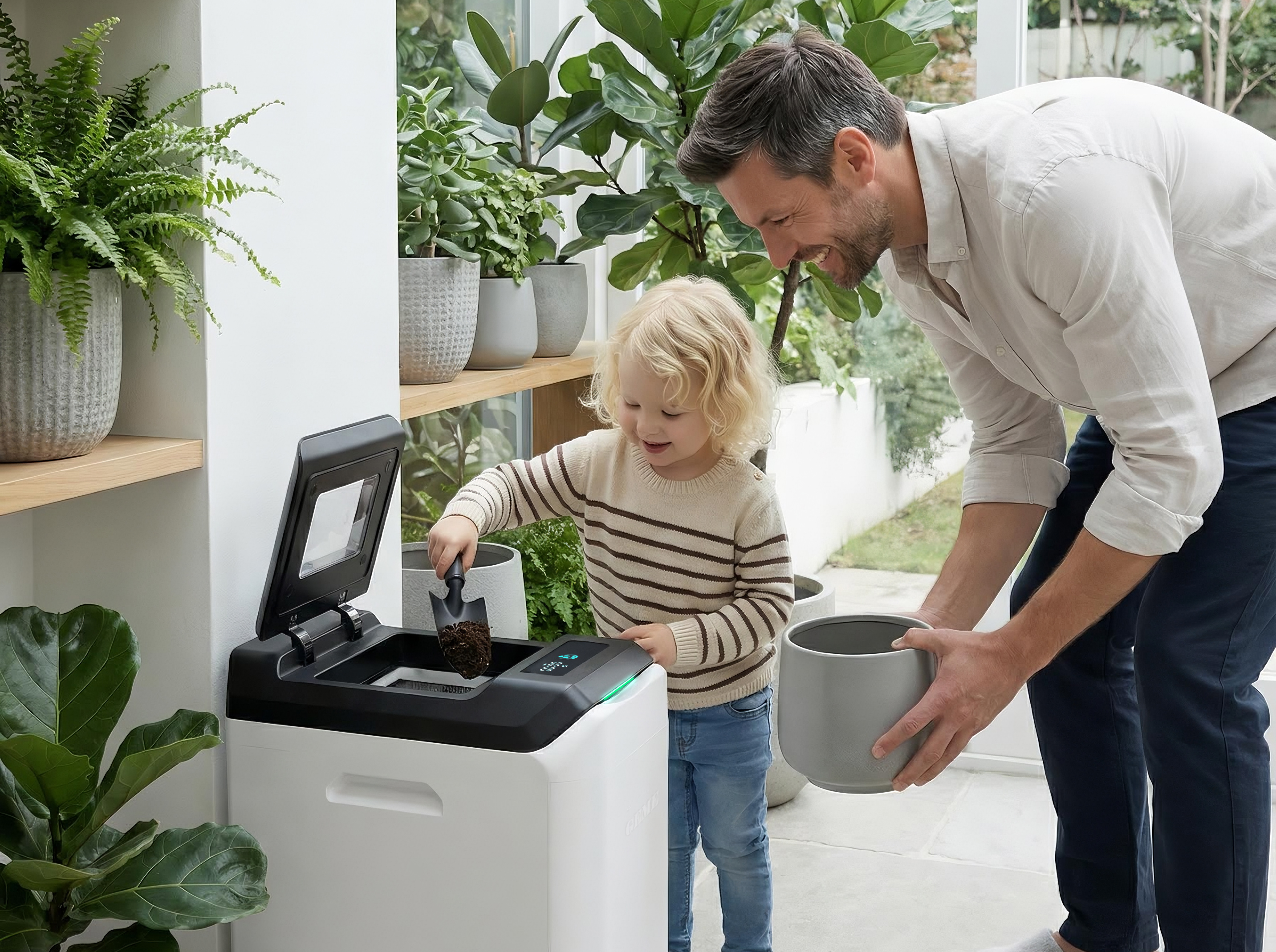Tropical Storm Chantal and Its Potential Impact
What Is a Tropical Storm Warning?
A tropical storm warning is issued when sustained winds of 39 to 73 mph are expected within 36 hours. It serves as an urgent call to action for residents and gardeners alike to secure their homes, yards, and most importantly, their plants. When you hear a warning from the National Hurricane Center (NHC), it's time to act fast.
Overview of Tropical Storm Chantal
Tropical Storm Chantal is currently tracking over the Atlantic and is projected to move toward the southeastern U.S. coast, bringing high winds, heavy rains, and coastal flooding. While it may not escalate to a hurricane, its impact on low-lying gardens can be devastating.

Latest Updates from the National Hurricane Center
The NHC has placed South Carolina, including Myrtle Beach, under observation. Current models from the hurricane tracker suggest the storm may make landfall with intense rain bands. Gardeners need to stay informed through trusted sources like NOAA, which updates every few hours.
Myrtle Beach Weather Alerts and Storm Projections
Myrtle Beach is expected to experience high tides and gusts that can uproot shallow-rooted plants. Flash flood warnings may also affect the coastal soil structure. If you garden near Myrtle Beach, prepare now before the weather takes a turn.












